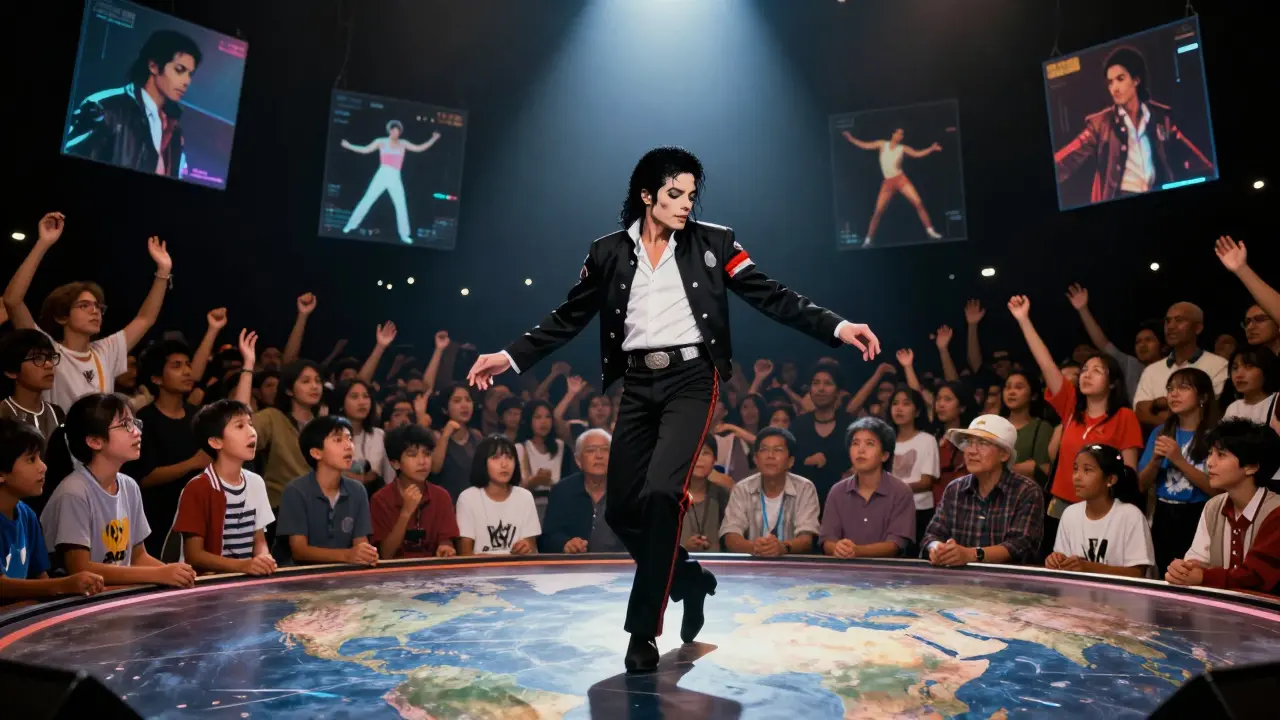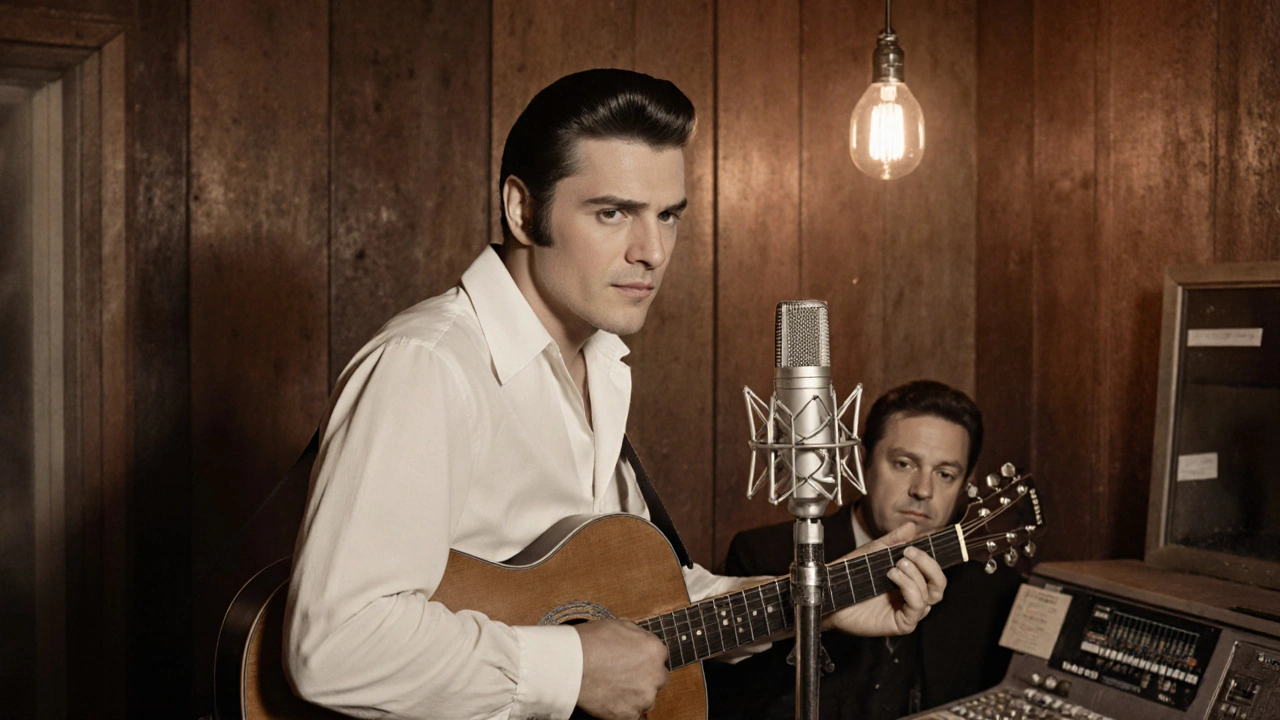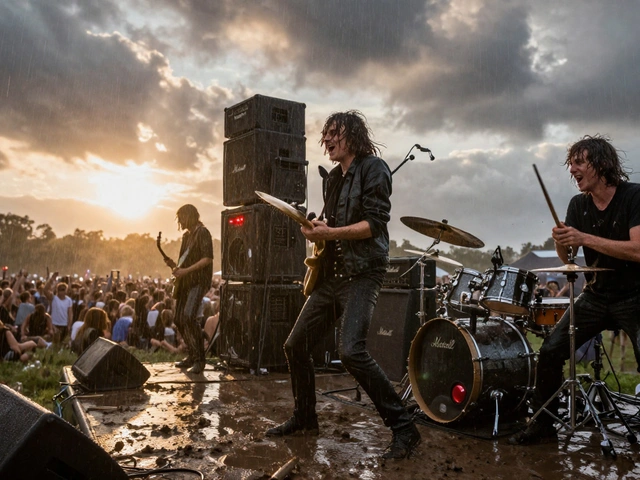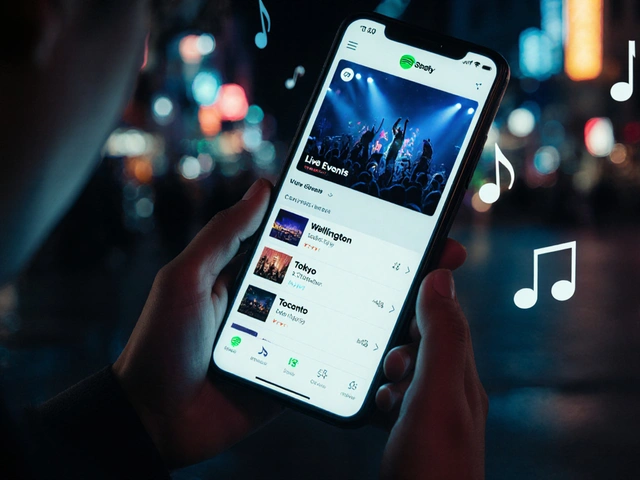Elvis Presley: The King of Rock ’n’ Roll and Live Music Legacy
When you think about Elvis Presley, the American singer who ignited the birth of rock ’n’ roll and became a cultural phenomenon in the 1950s. Also known as The King, his career mixes rock ’n’ roll, a genre that blends rhythm and blues with country roots with groundbreaking concert tours, high‑energy live shows that set new standards for stage production and a home base called Graceland, the Memphis mansion that turned into a pilgrimage site for fans worldwide.
The 1956 breakout hit “Heartbreak Hotel” proved that Elvis Presley could turn a simple blues riff into a chart‑topping anthem. That single moment sparked the mainstream acceptance of rock ’n’ roll, a genre that had previously been confined to regional radio stations. By 1958, his TV appearances and film roles amplified the craze, turning him into a household name and proving that a single artist could reshape popular culture overnight.
Elvis’s live performances redefined what audiences expected from a concert. The 1968 “Comeback Special” featured an intimate stage setup, raw vocals, and a side‑by‑side band that made the experience feel personal yet electrifying. That format influenced today’s VIP concert packages, where fans pay extra for close‑up access, meet‑and‑greets, and exclusive backstage content. Modern festivals still borrow his playbook: a mix of spectacle, intimacy, and audience interaction.
Graceland stands as a testament to his lasting appeal. Each year, millions of visitors walk through the mansion’s rooms, study his original wardrobe, and watch memorabilia exhibitions. The estate’s success shows how a single artist’s legacy can become a multi‑million‑dollar tourism engine, reinforcing the idea that music heritage can drive local economies long after the artist’s final performance.
Beyond the glamour, Elvis’s massive crowds taught the industry about safety and crowd control. Large, enthusiastic audiences at his shows highlighted the need for better security, emergency exits, and structural planning. Those lessons echo today in discussions about concert earthquakes, venue capacity limits, and real‑time monitoring of crowd density at festivals worldwide.
The articles gathered under this tag explore every facet of that influence – from Elvis’s role in shaping rock ’n’ roll to the way his touring model informs modern concert logistics, ticket pricing, and fan experiences. You’ll find deep dives into historic performances, analyses of how his brand drives merchandising, and even comparisons with today’s streaming concerts.
Below, the curated posts give you a full picture of how the King’s legacy still reverberates through today’s live‑music scene, offering insights you can apply whether you’re planning a show, studying music history, or just a devoted fan looking for fresh angles on Elvis’s enduring impact.







